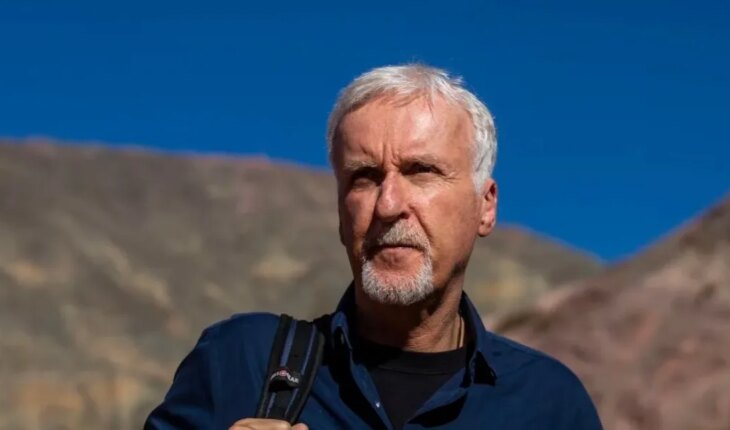James Cameron, director of the Oscar-winning “Titanic” (1997), said he felt “in the bones” the loss of the Titan submarine in which five people died that began its expedition last Sunday to explore the remains of the British ocean liner that sank in 1912. I felt in my bones what had happened. That the submersible’s electronics, its communication system and its tracking transponder failed at the same time, indicated that there was nothing to do,” he said in dialogue with the BBC.Titan submarine.“I immediately called some of my contacts from the deep submersible community. After an hour I had the following data. They were descending. They were at 3,500 meters and were heading to the bottom, at 3,800 meters, “added the director of the franchise “Avatar”, who was recently in Argentina and has also made 33 dives to the remains of the ocean liner Titanic. On Sunday, Cameron was on a boat, so he did not know of the tragedy, until he learned the following Monday. “They lost communications and navigation, and I said to myself instantly: you cannot lose communications and navigation at the same time without something extremely catastrophic or a very serious energy catastrophe having happened. And the first thing that came to my mind was that there had been an implosion,” he said. The filmmaker criticized the media coverage of the case, calling it “a protracted, nightmarish farce where people went back and forth talking about banging noises and oxygen and all those things.” “I knew the submarine was exactly below its last known depth and position. That’s exactly where they found it,” he said, while calling the link between the sinking of the Titan and the Titanic a “terrible irony.” “Now we have another shipwreck that is unfortunately based on the same principles of ignoring warnings,” he said in relation to warnings received by the company OceanGate about the lack of safety measures. I would not have climbed on that submersible, “acknowledged Cameron, who considered that “in the twenty-first century, there should be no risk” when embarking on an activity of these characteristics. “We have managed to go 60 years, from 1960 to today, 63 years without a fatality. So, you know, one of the saddest aspects of this is how preventable it really was.”
James Cameron, director of “Titanic” before the loss of the submarine Titan: “I felt it in my bones”
June 24, 2023 |





